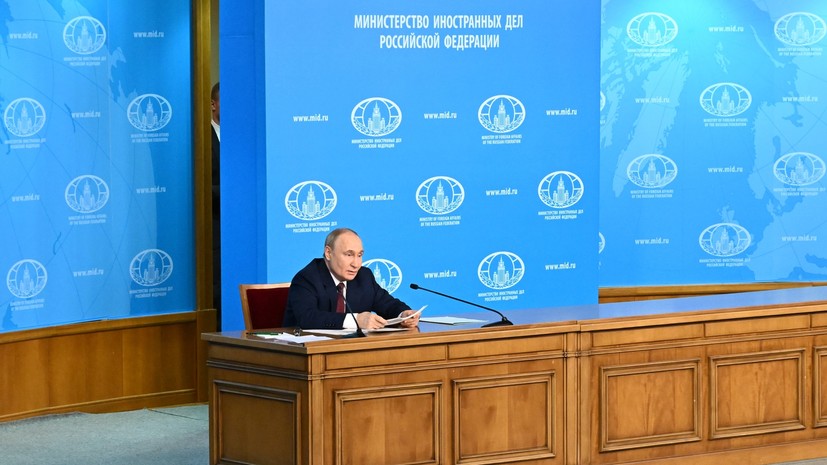Vladimir Putin Ready for Ukraine Peace Talks Amid Persisting Tensions
Russian President Vladimir Putin has announced that Russia is open to peace negotiations with Ukraine, outlining several critical conditions at a meeting with the leadership of the Russian Foreign Ministry. Among these conditions, Kyiv must withdraw its troops from the Donetsk, Luhansk, Kherson, and Zaporozhye regions, a complete rejection of NATO membership, and acknowledgment of Russia’s territorial claims, including Crimea and Sevastopol. "We are talking not about freezing the conflict but about its final completion," Putin emphasized.
Putin's announcement, made on June 14, reiterates Russia’s stance on Ukraine's neutral, non-aligned, nuclear-free status and its demilitarization. This follows the 2022 Istanbul negotiations where initial agreements were reportedly dismissed by Western influences. Putin warned that the burden of political and moral responsibility would fall on Kyiv and the West should they reject this proposal.
In a related development, the G7 countries have made a decision regarding the allocation of interest income from frozen Russian state assets to support Ukraine. This initiative, praised by Western leaders, was labeled as 'robbery' by Putin, who warned of consequential repercussions. This decision marks a considerable economic development in support of Ukraine, with a package amounting to around 50 billion US dollars.
Meanwhile, Ukraine is bolstering its defense capabilities with plans to station F-16 fighter jets outside of its territory to safeguard them from potential missile attacks. This strategy ensures that a portion of its aerial combat fleet remains intact and pilots receive adequate training. This supplemental armament includes Dassault Mirage 2000-5 fighter jets from France.
Simultaneously, Ukrainian President Volodymyr Zelensky has emphasized the liberation of all territories annexed by Russia as a fundamental principle for peace. He has consistently ruled out any negotiations that compromise Ukraine’s territorial integrity, aligning this stance with his detailed 10-point peace plan.
- Ukraine’s defense strategy could potentially reshape the aerial dynamics of the conflict. The supply of F-16 jets from Denmark, the Netherlands, Norway, and Belgium is expected to enhance Ukraine’s offensive and defensive capabilities in the coming months.
- The historical tensions between Ukraine and Russia stem from broader geopolitical disputes, including the strategic importance of Crimea and the eastern regions. The conflict has resulted in substantial international economic sanctions against Russia, influencing global diplomatic relations.
- The G7's decision to allocate the interest proceeds from frozen Russian assets is seen as a significant financial move to support Ukraine amid ongoing hostilities. This financial reinforcement is part of broader international efforts to assist Ukraine's defense and reconstruction efforts.






